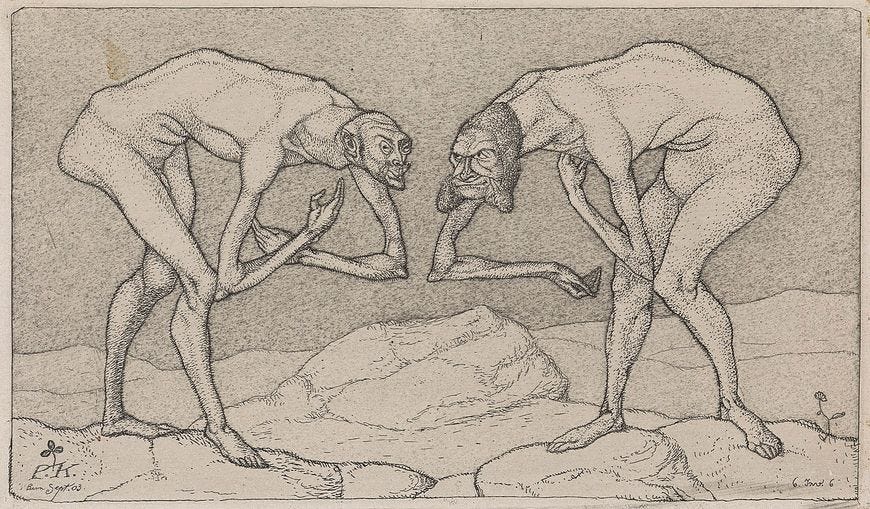Brain Food #739
Paradox of value: The value of things can change
Thoughts of the day
The paradox of value, also known as the diamond-water paradox, reveals the contradictory nature of the value we place on things: although water is essential for our survival, diamonds have a much higher market price.
The paradox is addressed through the theory of marginal utility, where for every extra unit we consume, its utility (and value) to us diminishes, suggesting that one can, indeed, have too much of a good thing.
In a similar anecdote, up until WWII, lobster used to be considered prison food, a poor man’s meal. Partly thanks to rebranding, partly thanks to a more limited supply, the price of lobster increased over the past century, turning the crustacean into a delicacy.
Adam Smith explained this phenomenon through the lens of difficulty:
“The real price of every thing, what every thing really costs to the man who wants to acquire it, is the toil and trouble of acquiring it.”
Much of value is perceived, and much of value can also change. Lobster became harder to get, and its price went up, even if its usefulness remained the same.
This raises the question of how we choose to value our own achievements. Similar to the successes we might enjoy ourselves, we tend to not value them as much if they do not come with some form of struggle, if something feels too ‘easy’.
When it starts to feel like a struggle, maybe that is just a sign that we are nearly there.

Thank you for reading today’s Brain Food. Brain Food is a short daily newsletter that aims to make you think every day, without taking up too much of your time. If you know someone who would like it, why not forward it to them? And if you have just come across Brain Food, you can subscribe to it below:
For longer thoughts and Brain Food highlights from the archives, visit Medium.
